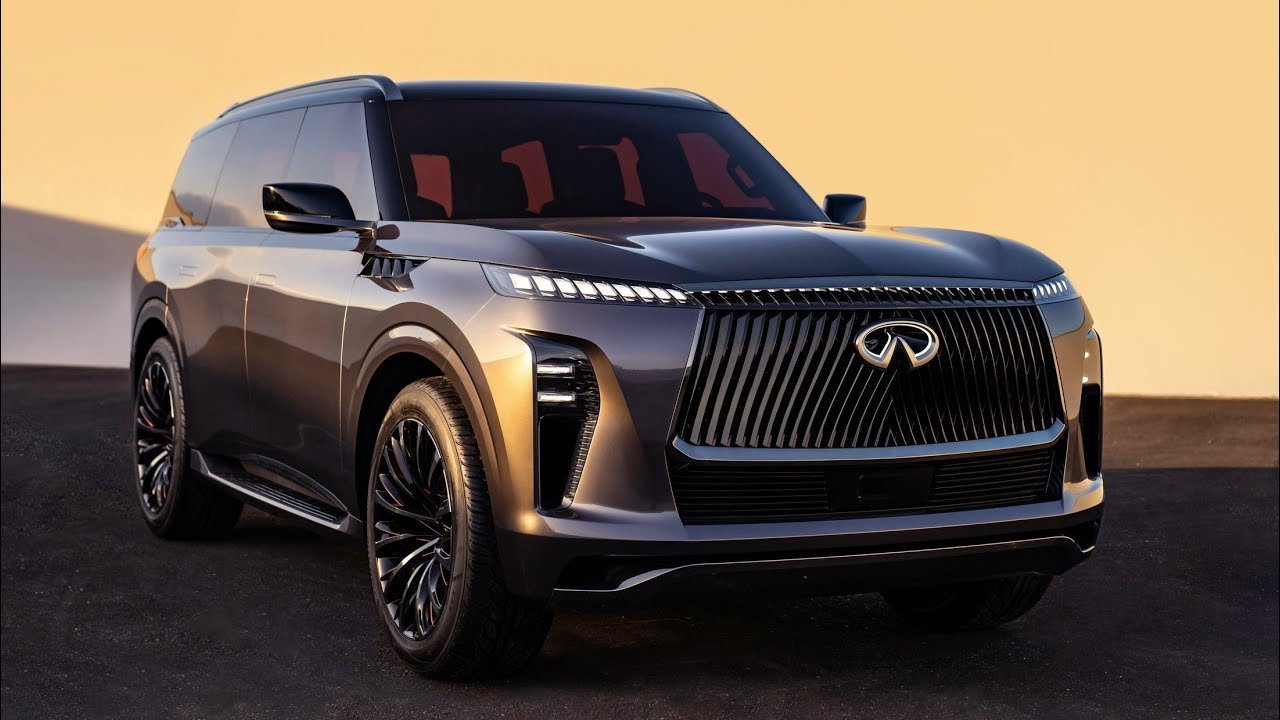
Buying a new car is a thrilling experience. The smell of a fresh interior, the gleam of untouched paint, and the thrill of driving off the lot in a vehicle that’s entirely yours can be exhilarating. However, this excitement can sometimes lead to hasty decisions and costly mistakes. To ensure you make a wise purchase, here are the top blunders to avoid when purchasing a new vehicle.
Setting a Budget
Understanding Your Financial Limits
One of the first steps in buying a new car is setting a budget. It’s essential to understand your financial limits before stepping into a dealership. Consider your monthly income, expenses, and how much you can realistically allocate to car payments without stretching yourself too thin.
Considering Total Cost of Ownership
When setting your budget, think beyond the sticker price. The total cost of ownership includes insurance, fuel, maintenance, and potential repairs. These factors can significantly impact your budget, so it’s important to consider them from the start.
Avoiding Overextending Yourself
It’s easy to get carried away by the allure of a higher-end model or extra features, but this can lead to financial strain. Stick to your budget to avoid the stress of overextending yourself financially.
Researching Vehicle Options
The Importance of Thorough Research
Before making any purchase, do your homework. Researching different makes and models helps you understand what’s available and what best suits your needs. Use online resources, read reviews, and compare various options.
Comparing Different Makes and Models
Each make and model has its strengths and weaknesses. Compare features, performance, fuel efficiency, and reliability. This comparison will help you make an informed decision and find the best vehicle for your lifestyle.
Related: The Role of Alternators and Starters in Modern Vehicles
Evaluating Safety Features and Reliability
Safety should be a top priority when purchasing a new vehicle. Look for cars with high safety ratings and advanced safety features like airbags, anti-lock brakes, and stability control. Also, consider the reliability ratings to ensure you’re getting a dependable car.
Understanding Financing Options
Exploring Different Financing Methods
Understanding your financing options is crucial. You can finance through a dealership, bank, or credit union. Each option has its pros and cons, so evaluate them carefully to find the best deal.
Importance of Getting Pre-Approved
Getting pre-approved for a loan before you shop can give you a clear picture of what you can afford and provide leverage when negotiating with dealerships. It also helps streamline the buying process.
Watching Out for High-Interest Rates
Be cautious of high-interest rates, especially if you have less-than-perfect credit. Shop around for the best rates and terms to avoid paying more than necessary over the life of the loan.
Neglecting to Test Drive
The Significance of a Test Drive
A test drive is a crucial part of the car-buying process. It allows you to experience the vehicle firsthand and assess its comfort, handling, and overall performance.
What to Look for During a Test Drive
During the test drive, pay attention to how the car handles, the comfort of the seats, the ease of using controls, and any unusual noises. This hands-on experience can reveal potential issues and ensure the car meets your expectations.
Ignoring Vehicle History Reports
The Role of Vehicle History in Making an Informed Decision
Vehicle history reports provide valuable information about a car’s past, including accidents, repairs, and previous ownership. This data can help you avoid vehicles with a troubled history.
How to Obtain and Interpret Vehicle History Reports
You can obtain vehicle history reports from various online services using the car’s VIN (Vehicle Identification Number). Review the report carefully, looking for red flags like accidents, title issues, or frequent repairs.
Focusing Only on Monthly Payments
The Pitfall of Low Monthly Payments
While low monthly payments might seem attractive, they often mean a longer loan term and higher overall cost. Focus on the total loan amount rather than just the monthly payment.
Related: Understanding the Essentials of Transmission Care for Proper Vehicle Maintenance
Understanding the Total Loan Amount
Calculate the total amount you’ll pay over the life of the loan, including interest. This will give you a better understanding of the true cost of the vehicle and help you make a more informed decision.
Overlooking Additional Costs
Hidden Fees and Extra Costs
When buying a new car, be aware of hidden fees such as documentation fees, delivery charges, and dealer add-ons. These can add up quickly and increase the total cost of your purchase.
Insurance Costs
Insurance premiums can vary significantly depending on the make and model of the car. Get insurance quotes before buying to ensure you can afford the premiums on top of your car payment.
Skipping Professional Inspection
Importance of a Mechanic’s Inspection
Even new cars can have issues that aren’t immediately apparent. A professional inspection by a trusted mechanic can identify potential problems and give you peace of mind.
What to Expect from a Professional Inspection
A thorough inspection should include checking the engine, transmission, brakes, and other critical components. The mechanic should provide a detailed report on the car’s condition.
Not Considering Depreciation
Understanding Depreciation Rates
Cars depreciate in value over time, with some models losing value faster than others. Understanding depreciation rates can help you choose a car that retains its value better, which is important if you plan to sell or trade it in the future.
Resale Value Considerations
When buying a new car, consider its potential resale value. Cars with higher resale values can be more cost-effective in the long run, even if their initial purchase price is higher.
Ignoring Warranty and Return Policies
The Importance of Warranty Coverage
A good warranty can save you money on repairs and provide peace of mind. Understand the warranty coverage offered with the car and what it includes.
Understanding Return Policies
Familiarize yourself with the dealership’s return policy. Knowing your options if you’re unsatisfied with your purchase can be a significant factor in your decision-making process.
Failing to Negotiate
The Art of Negotiation
Negotiation is a critical skill when buying a new car. Don’t be afraid to negotiate the price, interest rates, and terms of the deal to get the best possible offer.
Tips for Effective Negotiation
Do your research, know the car’s market value, and be prepared to walk away if the deal doesn’t meet your expectations. Staying firm and informed can help you secure a better deal.
Emotional Decision-Making
The Dangers of Impulsive Decisions
Emotional decision-making can lead to regret and financial strain. Avoid making impulsive decisions based on excitement or pressure from salespeople.
How to Keep Emotions in Check
Take your time, think rationally, and consider all aspects of the purchase. Bringing a trusted friend or family member can provide a second opinion and help you stay grounded.
Not Considering Long-Term Needs
Planning for Future Requirements
Think about your long-term needs when choosing a vehicle. Consider factors like family size, lifestyle changes, and future plans to ensure the car will meet your needs for years to come.
Choosing a Vehicle That Grows with You
Opt for a versatile vehicle that can adapt to your changing needs. This foresight can save you from having to buy another car sooner than anticipated.
Conclusion
Purchasing a new vehicle is a significant investment, and avoiding common blunders can save you time, money, and stress. By setting a realistic budget, researching thoroughly, understanding financing, and considering long-term needs, you can make a well-informed decision. Remember, the goal is to find a car that fits your lifestyle and budget without compromising on quality and safety.



